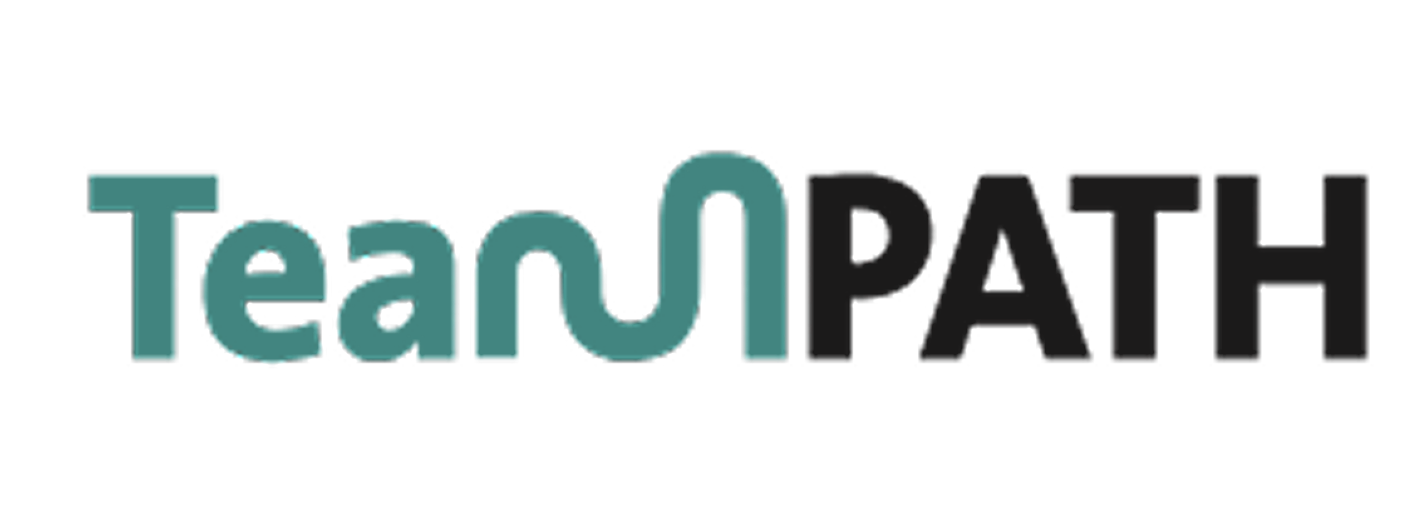The Real ROI of Teamwork Training: It Works, and Here's Some Proof

Team Science – With a Twist
At TeamPath, we like our advice backed by evidence. But let’s be honest—academic research on teams can be a bit dry. So we’ve asked AI to turn top team science papers into podcast-style conversations.
The result? Something like John and Gail from Pitch Perfect—if they swapped a cappella commentary for team dynamics. John’s blunt and occasionally inappropriate. Gail’s sharp and slightly over it. Together, they break down the science so you don’t have to. It’s research, with a little banter.
Disclaimer: These episodes are AI-generated. While we aim for accuracy, the bots may occasionally go rogue.
Want to boost your team’s performance? Train them to be a team—not just a group of individuals. A massive study confirms that teamwork training significantly improves both how teams behave and how they perform.
Based on: “The Effectiveness of Teamwork Training on Teamwork Behaviors and Team Performance: A Systematic Review and Meta-Analysis of Controlled Interventions” by McEwan, Ruissen, Eys, Zumbo, and Beauchamp (2017).
Key Findings
The McEwan et al. study is one of the most comprehensive reviews of teamwork training to date. It analyzed 72 controlled teamwork interventions across more than 8,400 participants. The goal? To find out whether teamwork training really works—and under what conditions it works best.
Here’s what they found:
- Teamwork training has a medium-to-large positive effect on how teams work together (effect size = 0.68).
- It has an even bigger effect on what teams produce—i.e., their actual performance (effect size = 0.92).
- These benefits were consistent across many settings: healthcare, military, aviation, academia, and industry.
- Training worked for both new and established teams, though in slightly different ways:
- New teams showed the biggest gains in teamwork behaviours.
- Established teams saw stronger improvements in actual performance outcomes.
- New teams showed the biggest gains in teamwork behaviours.
- The most effective training methods? Not lectures. Teams improved most when training was interactive—like workshops, simulations, and real-time team reviews.
- Targeting multiple teamwork behaviours (like goal setting, communication, and reflection) led to better outcomes than focusing on just one.
- And critically, these effects weren’t just self-reported. Third-party observers and objective performance data confirmed the results.
Current Thinking
This paper helped solidify what many team researchers had long suspected: great teams don’t just happen. They’re built—and they can be trained.
More recent work builds on this by exploring the how. For example:
- Some studies now dig deeper into which combinations of teamwork behaviours (e.g. preparation + reflection) are most potent.
- There's growing interest in sustainability: how to ensure training effects last beyond the initial post-training boost.
- And researchers are increasingly exploring digital and hybrid team environments, testing how remote collaboration affects teamwork dynamics and training design.
In short, the field has moved from asking “Does teamwork training work?” to “How do we make it work even better, and longer, and in more complex settings?”
Why This Is Interesting for TeamPath
Let’s cut to the chase: if you’re building a high-functioning team, this research says one thing loud and clear—don’t leave teamwork to chance.
For TeamPath and its focus on practical team development, here are three takeaways that jump out:
1. Training must be hands-on.
Lectures and e-learning modules might be cheap and scalable, but they don’t move the needle on real teamwork. If you want teams to improve how they plan, communicate, adapt, and reflect, they need to practice those things—together. Simulations, structured debriefs, even role-play can be more impactful than a PowerPoint.
2. Cover more than just communication.
Yes, communication is vital—but it’s not the only game in town. Teams also benefit when they learn to set shared goals, solve problems on the fly, reflect on what’s working (or not), and manage conflict productively. Training that targets multiple behaviours delivers bigger gains.
3. Tailor the training to the team’s stage.
New teams are especially primed to absorb and apply teamwork habits—they're building from scratch. But established teams shouldn’t be overlooked. They might resist change a bit more, but when they do adapt, they see big jumps in performance. TeamPath’s approach could flex depending on whether a team is just forming or looking to reset.
Bottom line? Teamwork isn’t some mysterious "vibe" that either happens or it doesn’t. It’s a set of behaviours—and just like any skill, it can be taught, practiced, and improved. This paper gives a strong evidence base to anyone trying to make that case inside their organization.
This podcast includes content generated with the help of artificial intelligence. While we've done our best to guide and review the conversation, there may be occasional errors or inaccuracies. Please listen with that in mind and always double-check any critical information. Thanks for your understanding!
See how TeamPath can transform your team’s performance today


